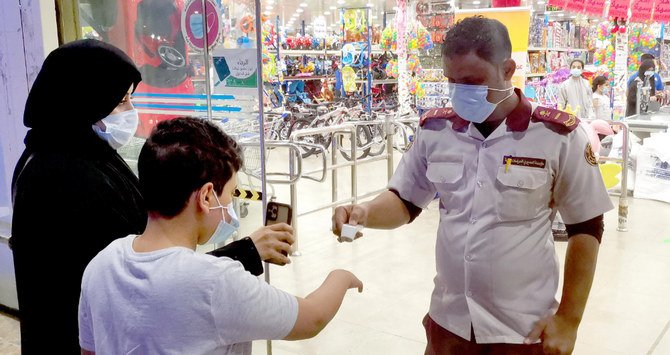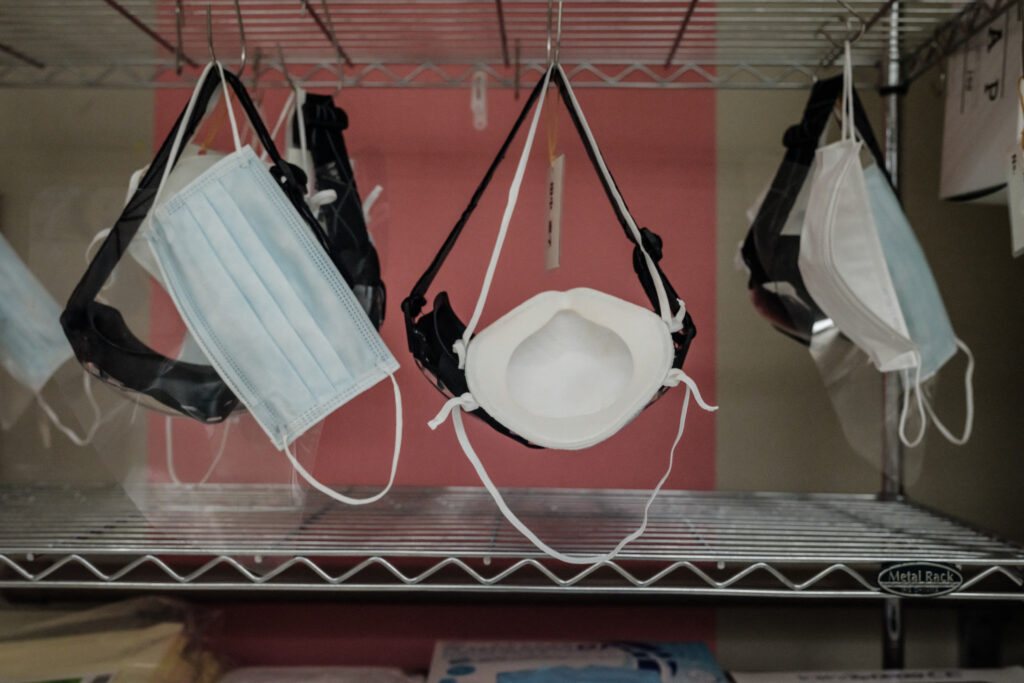Mohammed Al-Kinani
JEDDAH: A Saudi health official has predicted that the coronavirus disease (COVID-19) pandemic will end, and see normality return, in one to two years, on condition that basic health precautions — wearing masks, social distancing, and limited gatherings — are maintained.
“If all health rules are followed, it will probably take us two years maximum to get back to normal, unless mutations occur in the virus and undesirably changes its manner,” said Dr. Abdullah Mufarrih Assiri, assistant deputy minister of health for preventive health. “This is how I personally see it.”
However, he stressed that many previous predictions about COVID-19 had been proved untrustworthy, due to the nature of the virus and insufficiency in scientific research.
Speaking to the “Fee Assoura” program on the Rotana Khalijia TV channel, Assiri said: “Everything about this virus was not expected at all. The nature of the virus, the way it spreads and how the human immune system can resist it, were all vague.”
However, he remained optimistic about how it might develop in future.
“When it becomes invasive but less aggressive, it becomes like any other coronavirus of the viral family, such as the one that causes flu. When this happens, the virus will not affect travel, transport or the state of global health. This will reduce the pressure on hospitals and medical centers,” Assiri said.
He pointed out that people should comply with the instructions of the health authorities, especially wearing face masks, maintaining social distancing, and avoiding mass gatherings. “As for the need for other health restrictions and measures, this relies on how active the virus will become.”
A recent Bloomberg article estimated a potential end date to the pandemic in around seven years. Assiri, though, said that this calculation was based on the world’s current capabilities to produce enough vaccines.
“I believe vaccine production will double in the next few months,” he said.
As for students’ physical attendance in classrooms, Assiri said that the situation was not yet clear.
“The issue still needs a continuous risk assessment. With the data we have, we can’t tell if we have achieved herd immunity until 70 percent of the people over 18 years of age are vaccinated,” he added. “It is unclear now. We are under pressure to give vaccines to more people — 28 million people before the start of the next academic year.”
The Ministry of Health on Tuesday reported 322 new cases, meaning that 373,368 people have now contracted the disease. Of these, 2,630 remain active, and 480 are in critical condition.
Saudi Arabia reported three more COVID-19-related deaths, with the Kingdom’s death toll now at 6,441.
According to the ministry, 151 of the newly recorded cases were in Riyadh, 55 in the Eastern Province, 39 in Makkah, and 13 in Madinah.
In addition, 371 patients recovered from the disease, bringing the total number of recoveries to 364,297.






















